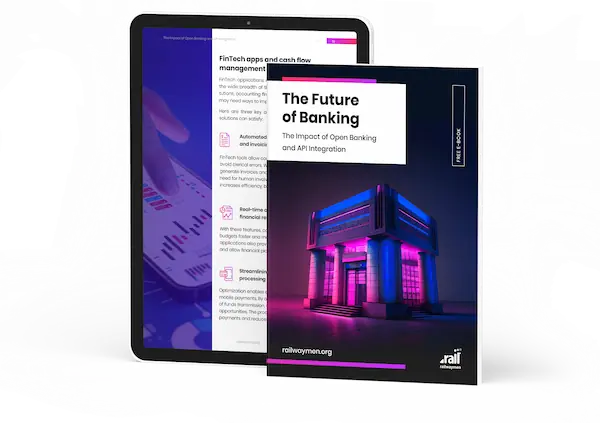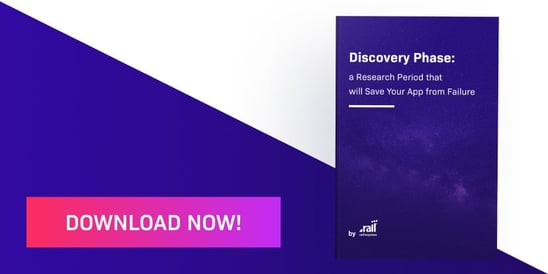Managing budgets in real time can be a daunting task, particularly for businesses and financial teams that operate with multiple accounts, currencies, and permissions. This article will provide a comprehensive guide to the tools and software available to maximize financial efficiency and successfully manage budgets in real-time.
Using Blockchain for Secure and Transparent Payments in FinTech Apps
As the use of FinTech applications becomes more commonplace, many organizations are seeking to move beyond traditional methods of payments and look towards blockchain technology as a means to provide more secure and transparent payments.
How to Create an Intuitive Interface for FinTech App?
Financial technology is an ever-growing industry that provides various services to customers, ranging from personal finance management to investing and trading. As FinTech continues to evolve and become more prevalent in our daily lives, creating an intuitive interface for financial apps is crucial to meet user's expectations and improving user satisfaction.
Designing a Cloud-based Accounting System for SMEs
Modern entrepreneurs have taken a liking to cloud-based accounting systems to better manage their financial data. The aforementioned solutions offer a number of benefits, which include cost savings, better accessibility or greater data security. Small and medium-sized enterprises (SMEs) are opting for cloud-based accounting systems due to resource constraints that affect investment in traditional software.
Building a secure payment gateway using Open Banking standards
Online shopping has dominated all kinds of online payment gateways in recent years. The need for a secure payment gateway for online transactions is directly proportional to the growing number of online purchases. Therefore, quite a few entrepreneurs are making the decision to invest in payment solutions that will secure sensitive customer data. Among the options available on the market today, the use of open banking standards often stands out.
Integrating open banking APIs with Payment Systems
Open banking has transformed the financial industry by allowing customers to share their financial data with third-party providers securely. Payment systems have advanced dramatically since the advent of open banking APIs. Application Programming Interfaces (APIs) enable the secure and dependable integration of payment systems with open banking services, allowing for faster and more efficient transactions.
How Do We Deal With Authentication Issue when Developing Applications?
The world has seen a boom in the popularity of the financial services industry recently. FinTech companies have transformed the way we manage our money, from mobile banking to online payments. However, as more financial transactions move online, the issue of security becomes more pressing. Authentication is a critical part of internet security in finance.
Plaid vs Tink: Which FinTech Integration is better to choose?
FinTech companies are increasingly opting for external integration because they see many opportunities for their business, especially since the industry is regulated by strict regulations to which they are obliged. Companies see opportunities in expanding the product range, increased productivity, and better service for the potential customer.
Empowering consumers: An overview of Australia's CDR initiative
The Railwaymen blog has already featured two articles on important regulations that are related to the FinTech industry. After zooming in on PSD2 and the CFPB, it's time to mention a bit more about the legislation undertaken in Australia as part of the Consumer Data Right initiative. I will try to give a more detailed overview of this regulation and the details that it involves.
Building a Real-Time Payment Processing System for eCommerce
In the era of dynamically escalating technological progress, companies have abandoned traditional payment methods in favor of digital ones. Online and mobile channels dominate the market in the modern world and are the best options for accepting and processing payments, which as a result has earned them a solid position in the eCommerce and payment industry.














